Send Out the Clowns
In 2016, the year of Brexit and Donald Trump’s election, Americans and Britons were captivated – and terrified – by reports of “creepy clowns” appearing in towns across the US and the UK. The sightings turned out to be a hoax, but we now know that the creepiest clowns are all too real.
Like many people, I am unnerved by clowns. But a far more terrifying sight than a painted jester – the stuff of horror films – is a real-life buffoon wielding social or political power. And, from QAnon in the United States to British Prime Minister Boris Johnson, there is much to fear.
Earlier this month, while working on a biography of my great-grandfather, Nikita Khrushchev, I had reached one of the many pivotal moments in his tightrope-walk of a life – his dealings with US President John F. Kennedy – when I turned on the news. To my surprise, hundreds of QAnon supporters were gathered in Dallas’s Dealey Plaza, overlooking the spot where JFK was assassinated 58 years ago.
By the standards of the usually rabid followers of QAnon – many of whom stormed the US Capitol on January 6 – the gathering was rather restrained. It might even have looked ordinary, were the landscape not dotted with “Trump-Kennedy 2024” flags and t-shirts. In fact, those congregated on the grassy knoll were awaiting the Second Coming of JFK’s son, John F. Kennedy, Jr., who died in a plane crash in 1999. QAnon message boards prophesied that John-John, as he was known, would arrive at the spot where his father was murdered, in order to become Donald Trump’s running mate in the 2024 election.
Even without a painted-faced, fur-hatted “QAnon shaman” in attendance, a crowd endorsing that sort of fevered prophecy was enough to give any coulrophobe nightmares.
Like all true believers, the Q-clowns were undeterred when John-John didn’t show up. Some headed to a concert, holding out hope that he would make an appearance there. Others attended a ball at which more than a few women were dressed to kill, in the hopes of becoming the resurrected Kennedy’s bride. (His wife, who died with him in the plane crash, has not been proposed for revitalization by Q.)
It is easy to dismiss such behavior as sheer lunacy. This particular conspiracy theory is considered fringe even for QAnon, which revolves around the belief that the US government is controlled by Satan-worshiping pedophiles. But the fact that hundreds of people would show up for such an outlandish event, and that they are closely linked to a much larger movement, is disturbing.
For such gatherings make clear that the suspension of disbelief which characterizes QAnon zealots is critical to populism’s political success. Of course, denial and deflecting blame are standard practice in politics. Ronald Reagan was famously called the “Teflon president” because criticisms of him rarely stuck. He could always give an “aw shucks” at a mistake and point the finger at an underling or, better yet, a Democrat.
But populists are more like a funhouse mirror. While a figure like Trump might deflect blame for some failures onto opponents, he is more likely to warp reality and deny that there was a failure at all. And his acolytes take him at his word, performing all manner of mental gymnastics to defend his distortions.
Such mendacious distortions of reality are nothing to smile about. In today’s Russia, led by its “Joker in Chief” Vladimir Putin, the oldest and most respected human rights organization, Memorial, founded by the Nobel Peace Prize laureate Andrei Sakharov, is on the chopping block for, wait for it, being a “threat to society.” In this looking glass world, Russia’s keepers of memory are the ones posing a “threat” by recalling Stalin’s crimes or the rights of those suffering under Putin. And the sick joke is that they are, I suppose, a threat: they are among the brave few who would threaten Putin’s increasingly absolute ability to manipulate Russian reality.
Then there is a clown who currently occupies 10 Downing Street. Boris Johnson owes his career to his ability, honed over a lifetime, to deny, deflect, and dismiss history – not least his own. Describing black people as “piccaninnies” with “watermelon smiles,” and calling gay people “bumboys”? That was supposedly just the over-the-top rhetoric of a journalist, or maybe satire.
Such shamelessness can be seen in Johnson’s record of slandering Barack Obama, America’s first black president. When a bust of Winston Churchill was removed from the Oval Office, Johnson suggested that “the part-Kenyan Obama” harbored an “ancestral dislike of the British Empire – of which Churchill had been such a fervent defender.” (The statue, more prosaically, was due to be returned to the British embassy in Washington.)
Johnson’s troubling journalistic and parliamentary behavior was just a prelude to his premiership. In 2019, he was rebuked by the UK Supreme Court for his attempt to prorogue (suspend) parliament in a transparent bid to avoid scrutiny of his Brexit plans. And a parliamentary inquiry concluded that his government made serious mistakes in its early handling of the coronavirus crisis.
Like Trump, Johnson initially downplayed COVID-19. The only aspect of the crisis that seemed to interest him was the opportunity it presented to funnel vast amounts of public money to cronies and supporters. According to Transparency International, £3.7 billion ($4.9 billion) worth of pandemic-linked government contracts raise one or more red flags for possible corruption.
Johnson’s brazenness reached new heights this month, with his efforts to protect Owen Paterson, a Conservative MP, who was found to have breached lobbying rules repeatedly. Beyond trying to halt Paterson’s suspension, Johnson moved to upend the independent system in place to combat corruption in Parliament.
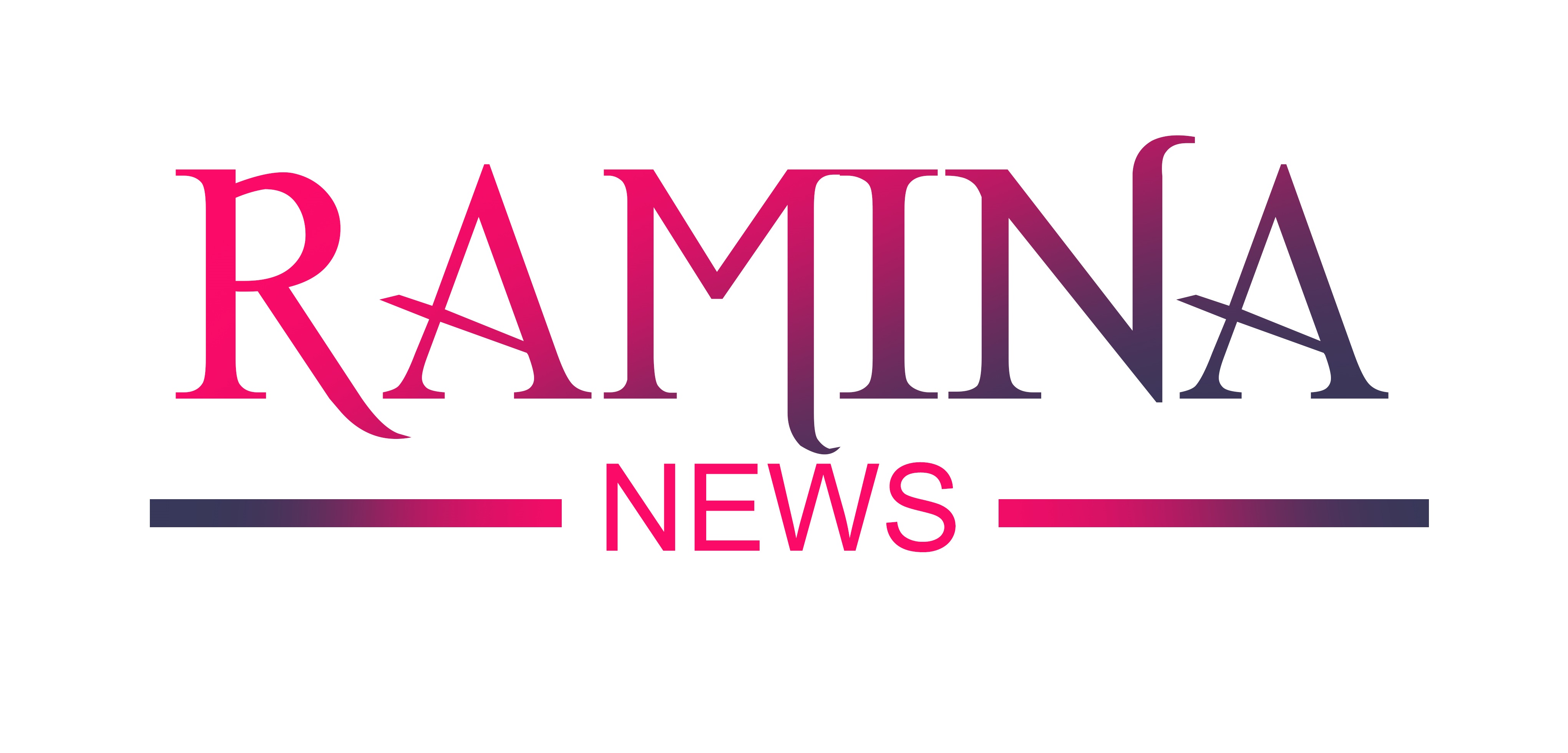
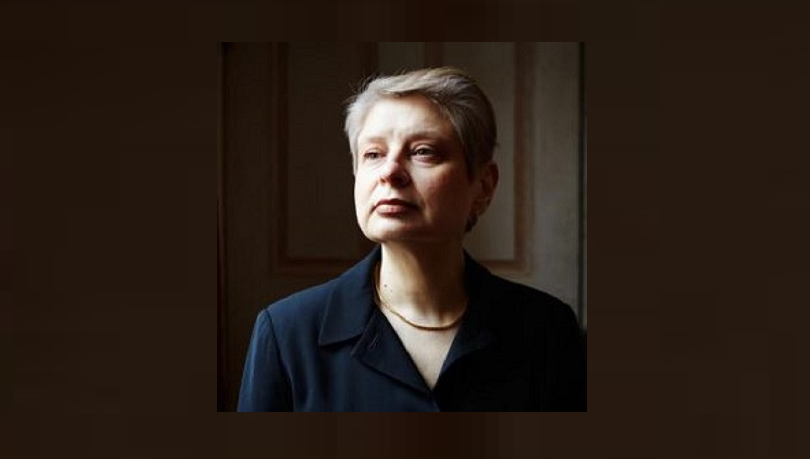

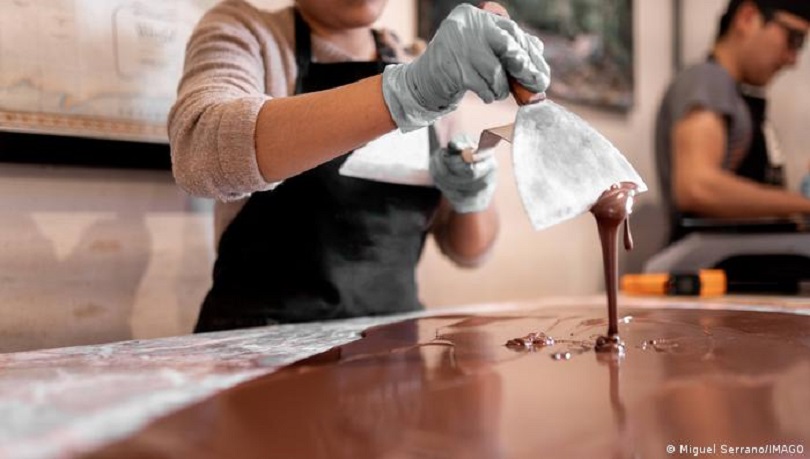


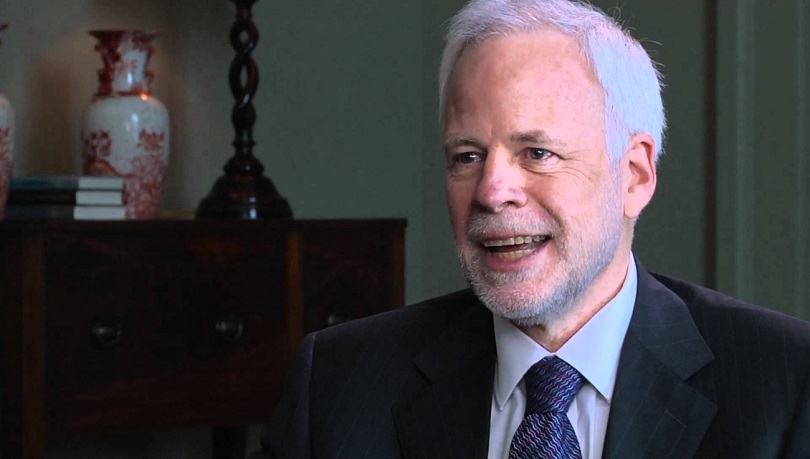
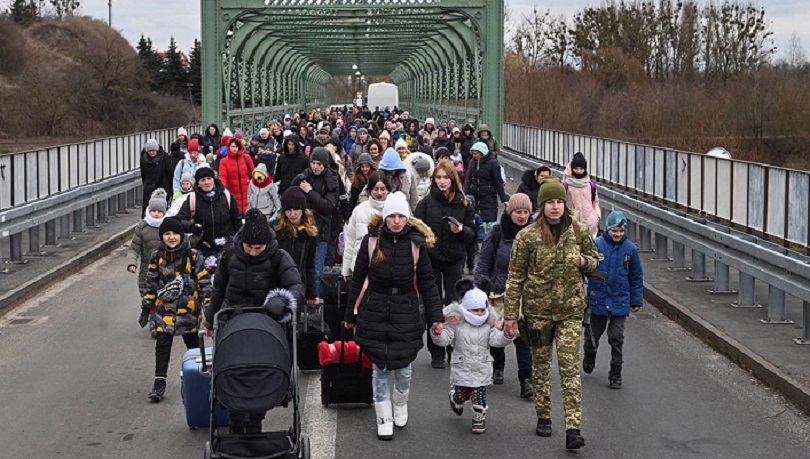
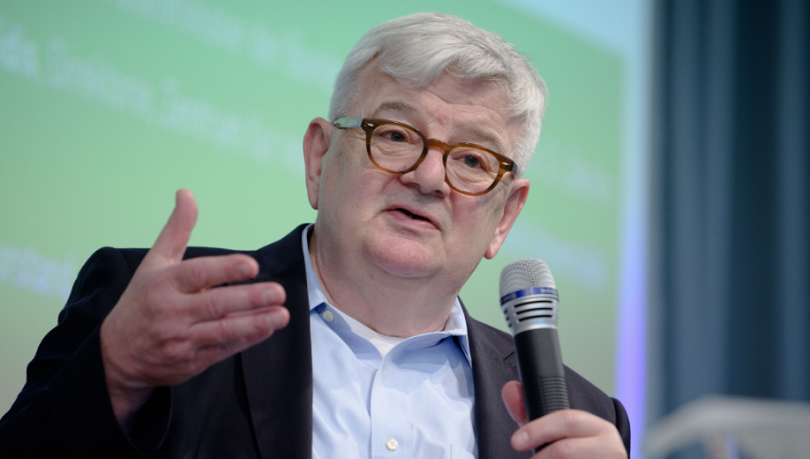
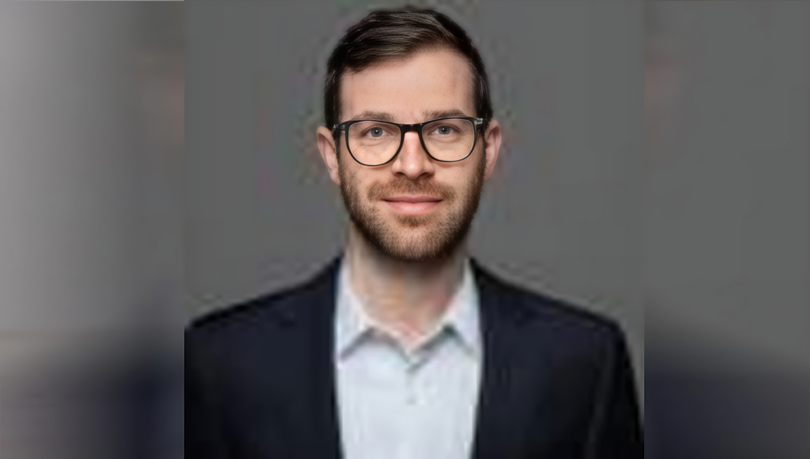
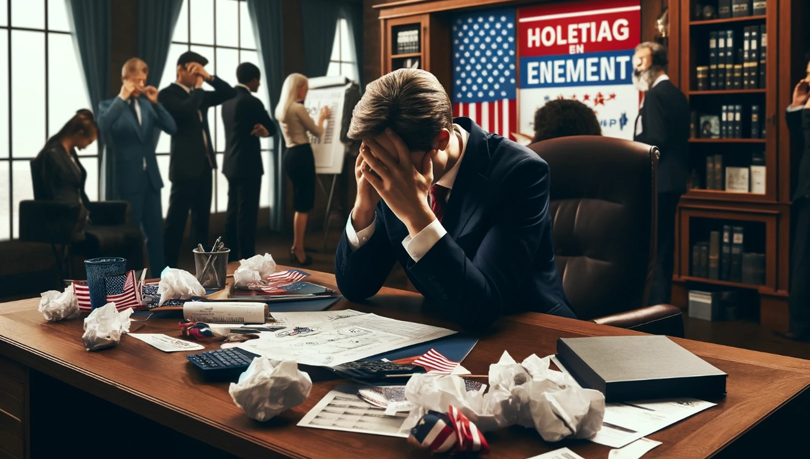
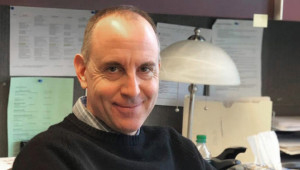

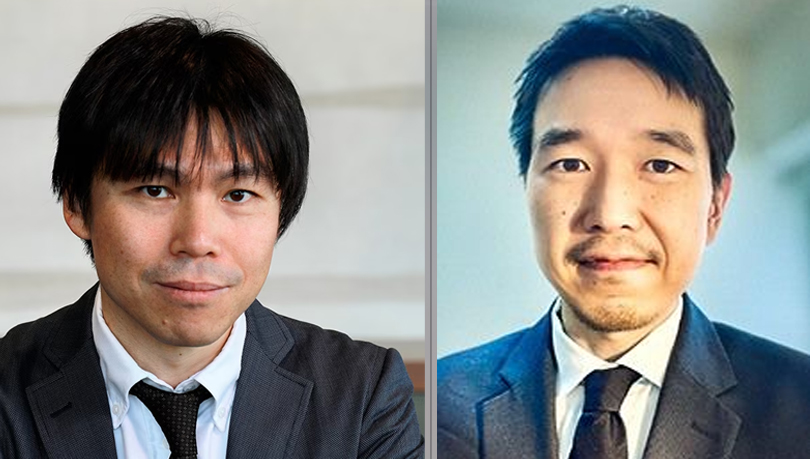
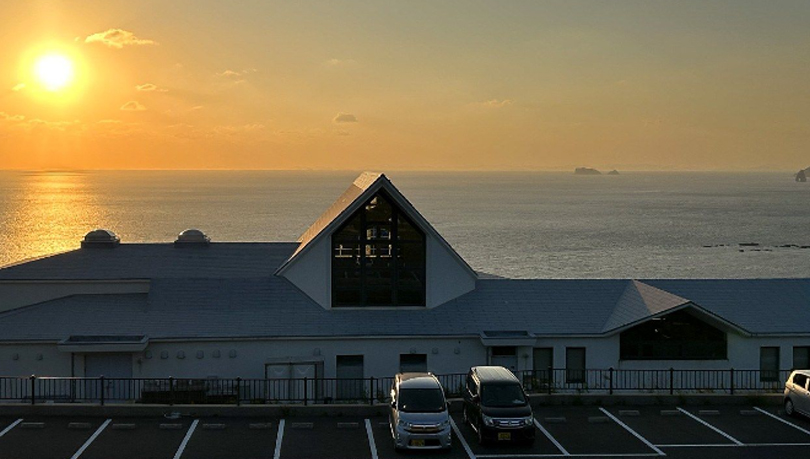
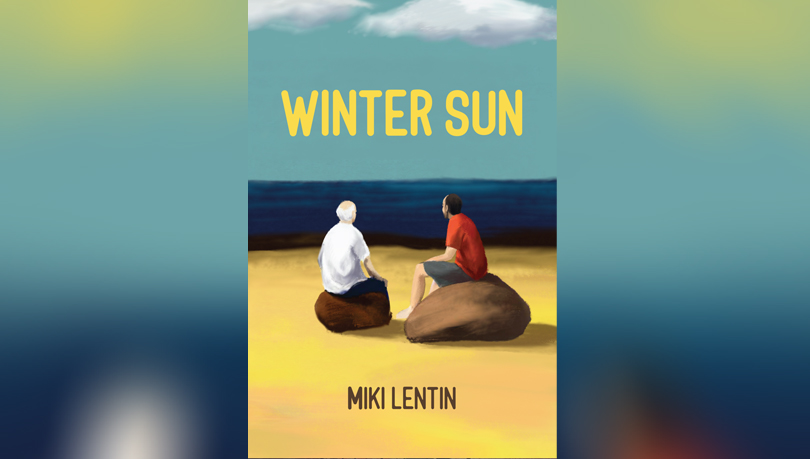
0 Comments